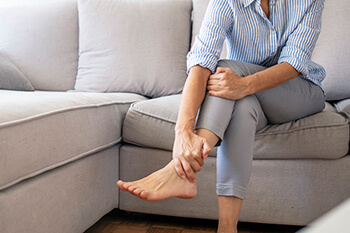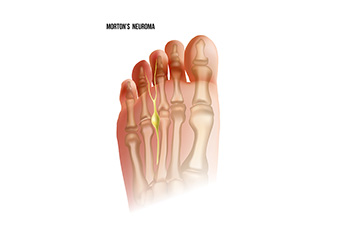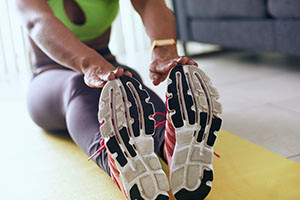
Arthritis, a debilitating condition affecting millions of people across the globe, often makes its presence felt most acutely in the feet. For those who suffer from foot arthritis, every step can be a reminder of the persistent discomfort and pain they endure. The sensation is similar to walking on a bed of nails, or with each step, having sharp, stabbing sensations coursing through the soles. Arthritis does not discriminate, and it can affect any joint in the foot, from the toes to the ankle. Morning stiffness and joint swelling are common symptoms for those with foot arthritis, making the mere act of getting out of bed an ordeal. Activities that once brought joy, such as walking, running, or even standing, can become agonizing challenges. It is not just physical; foot arthritis can have a profound emotional toll, as it limits mobility, independence, and one's overall quality of life. Living with arthritis in the feet can be a daily struggle. If you have this affliction, it is suggested that you are under the care of a podiatrist who can help you manage foot arthritis.
Arthritis can be a difficult condition to live with. If you are seeking treatment, contact one of our podiatrists from Greater Boston Foot Care, PLLC. Our doctors can provide the care you need to keep you pain-free and on your feet.
Arthritic Foot Care
Arthritis is a joint disorder that involves the inflammation of different joints in your body, such as those in your feet. Arthritis is often caused by a degenerative joint disease and causes mild to severe pain in all affected areas. In addition to this, swelling and stiffness in the affected joints can also be a common symptom of arthritis.
In many cases, wearing ill-fitting shoes can worsen the effects and pain of arthritis. Wearing shoes that have a lower heel and extra room can help your feet feel more comfortable. In cases of rheumatoid arthritis, the arch in your foot may become problematic. Buying shoes with proper arch support that contour to your feet can help immensely.
Alleviating Arthritic Pain
- Exercises that stretch the foot can prevent further pain and injury and increase mobility
- Most of the pain can be alleviated with anti-inflammatory drugs, heat, and topical medications
- Massages can help temporarily alleviate pain.
It is best to see your doctor for the treatment that is right for your needs and symptoms. Conditions vary, and a podiatrist can help you determine the right method of care for your feet.
If you have any questions, please feel free to contact our office located in Plymouth, MA . We offer the newest diagnostic tools and technology to treat your foot and ankle needs.


